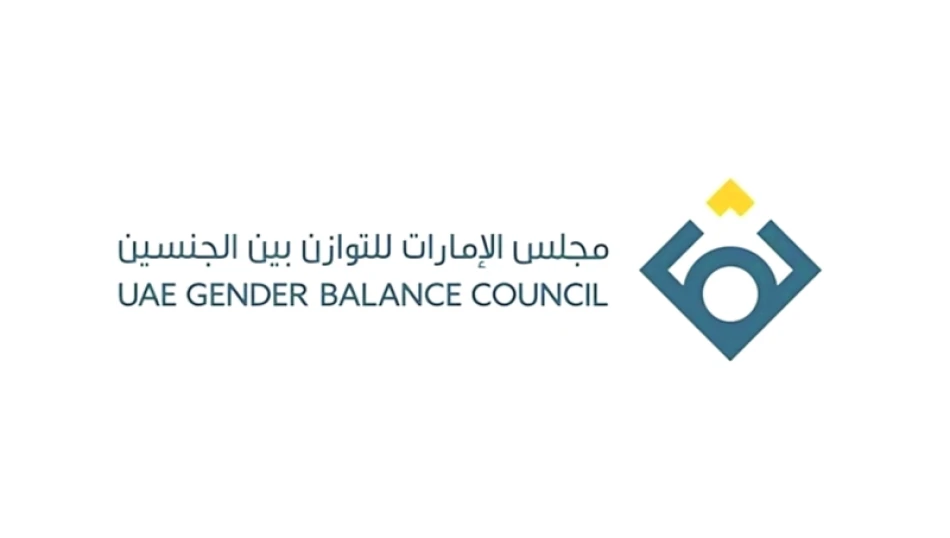
UAE Cabinet Approves Restructuring of Gender Balance Council to Promote Equality
UAE Restructures Gender Balance Council to Strengthen Global Leadership Position
The UAE Cabinet has approved a comprehensive restructuring of the Emirates Gender Balance Council, signaling the nation's commitment to deepening gender equality initiatives and reinforcing its position as a global benchmark for inclusive governance. The decision, led by Sheikh Mohammed bin Rashid Al Maktoum, Vice President and Prime Minister of the UAE and Ruler of Dubai, represents a strategic evolution in the country's approach to gender parity across all sectors of society.
Strategic Repositioning in Global Gender Equality Rankings
This restructuring comes at a critical time when the UAE seeks to maintain its competitive edge in international gender equality indices. The country has consistently outperformed regional peers in the World Economic Forum's Global Gender Gap Report, ranking first in the Middle East and North Africa region for several consecutive years. By reorganizing the council's framework, the UAE appears to be preparing for the next phase of gender balance initiatives that could further elevate its global standing.
Institutional Evolution and Governance Enhancement
The decision to restructure rather than simply expand the council suggests a sophisticated understanding of institutional effectiveness. Unlike many countries that create new bodies to address gender issues, the UAE is optimizing existing structures—a approach that typically yields more sustainable results. This mirrors successful models seen in Nordic countries, where institutional refinement has proven more effective than bureaucratic expansion.
Economic Implications and Market Dynamics
From an economic perspective, this restructuring signals the UAE's recognition that gender balance is not merely a social imperative but a competitive economic advantage. Research consistently shows that countries with higher gender equality indices experience stronger GDP growth and more resilient economies. For the UAE, which is diversifying away from oil dependency, maximizing human capital utilization across genders becomes crucial for long-term economic sustainability.
Regional Leadership and Soft Power Strategy
The timing of this announcement positions the UAE as a progressive leader in a region where gender equality remains challenging. While Saudi Arabia has made significant strides through Vision 2030, and Qatar has advanced women's participation ahead of the World Cup, the UAE's systematic approach to institutional restructuring demonstrates a more mature policy framework. This soft power advantage strengthens the country's appeal to international investors and multinational corporations seeking stable, progressive jurisdictions.
Implementation Challenges and Success Metrics
The true test of this restructuring will lie in measurable outcomes rather than institutional changes. Key performance indicators will likely include women's participation in senior government positions, private sector leadership roles, and STEM fields. The UAE's track record suggests a data-driven approach to gender balance, with clear metrics and accountability mechanisms that distinguish it from symbolic gestures common elsewhere in the region.
Global Context and Future Trajectory
As international focus on Environmental, Social, and Governance (ESG) criteria intensifies, the UAE's proactive stance on gender balance positions it favorably for sustainable investment flows. This restructuring aligns with global trends where institutional investors increasingly prioritize gender equality as a marker of good governance and long-term value creation. The move reinforces the UAE's strategy of staying ahead of international standards rather than merely meeting them.
Most Viewed News

 Sara Khaled
Sara Khaled






